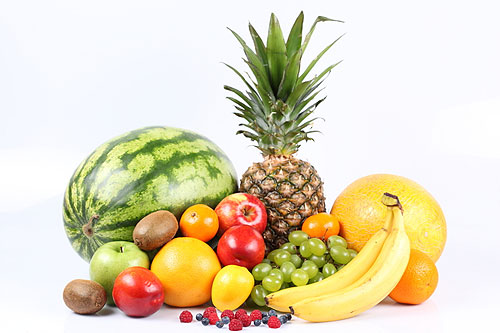There is a widespread opinion that the body has enough vitamins in summer and autumn, whereas in winter it suffers from vitamin deficiency, that is lack of vitamins, and the situation is aggravated in spring. It is not quite true even in the reality of modern life, when you can buy fresh fruit and vegetables, exotic ones in particular, in the stores all year round. Should one take vitamins or not? If yes, does it matter which vitamins we need in autumn and winter?

Vitamins Don’t Stay Longer in the Body
We constantly need to replenish vitamins. In most cases, the body can not create “vitamin reserves”, as it does with energy in the form of fat. No matter how much fruit and vegetables you eat in summer and fall, vitamin B1 will last for only 3-4 days, and other vitamins can be preserved for about 2-6 weeks. Only fat-soluble vitamins A, D, and E are stored in the underskin fat and liver. But they do not last for more than 2-2.5 months. We now have the opportunity to buy fresh fruit and vegetables all year round. But we rarely eat them fresh in fall and winter, and in the process of heat treatment, many vitamins are partially or completely destroyed. The same process, though at a slower pace, is observed during the storage of fruits and vegetables. For example, about 30% of vitamin C is lost after 3 days of storing food in the refrigerator, and storing food at room temperature would destroy as much as 50% of the vitamin. In autumn and winter, we mostly eat vegetables and fruit grown in greenhouses, and the amount of vitamins in them is much lower than in the vegetables grown in the ground. But this is not all.
It’s Not Only Fruit and Veggies
Fresh fruit and vegetables do not contain all the needed vitamins. They have vitamin C and carotenoids, which are used by the body to produce vitamin A. But there aren’t many B vitamins in them. Their main source is lean meat, kidney, liver, and wholegrain cereals, brown and white bread with bran, buckwheat porridge, millet, and oats. According to the study of French nutritionists, we need to eat 5-6 servings of salad or 5-6 fruits a day to compensate for the need of the body in vitamin C alone. Do you eat 6 oranges every day? The daily intake of B vitamins is found in 400 grams of lean meat, and 1.3 kg of brown bread. Who eats so much meat and brown bread? The way out is to provide ourselves with the necessary norm of vitamins by taking vitamin complexes.
Overdose and Shortage of Vitamins
As a rule, manufacturers indicate on the package how much of the daily dose of vitamins you will get after swallowing a pill. Following the instructions, you will not have an overdose and “overfeed” yourself with vitamins.
Overdose is harmful only if you take vitamins D and A. You run the risk of an overdose if you take ten times more than the preventive norm. If you do not take 10 pills of multivitamins instead of a single pill, you’ll never get a dangerous dose.
Vitamin Deficiency Symptoms
Lack of vitamins often has a stronger effect on the body. The most common symptoms of vitamin deficiency include chronic fatigue, apathy, brittle hair and nails, skin peeling, and reduced visual acuity. Bad habits (smoking and alcohol addiction) increase our need for vitamins C, B1, B6, B12, beta-carotene, and folic acid. It is worth considering additional intake of vitamins if you are on a diet for a long time, if you practice vegetarianism or take antibiotics. Tranquilizers and sleeping pills can “oppress” B vitamins, and painkillers interfere with vitamin C and folic acid.










